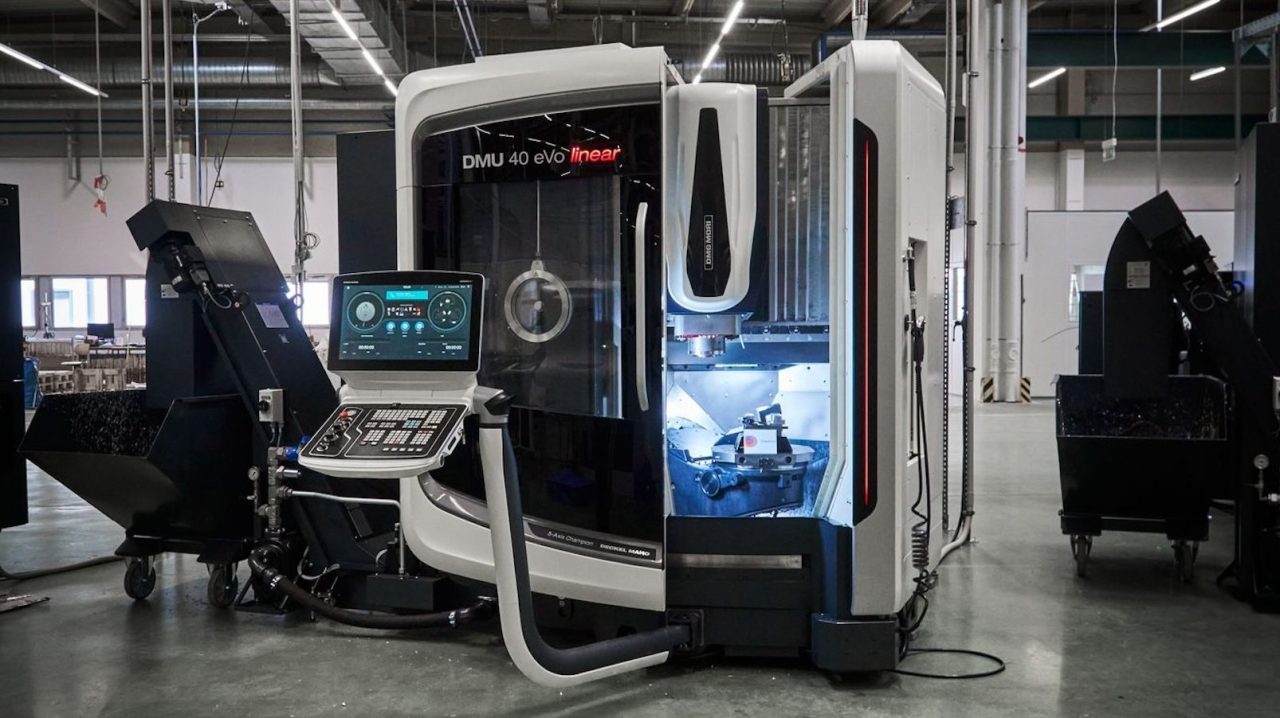The manufacturing landscape is changing rapidly, driven by the capabilities of artificial intelligence and automation. Among the pioneers leading this transformation is Daedalus, a startup that aims to redefine precision manufacturing by harnessing AI in its operations. Based in Karlsruhe, Germany, Daedalus is on a mission to create customized components for industries that demand high precision, from medical devices to aerospace technologies. Recently, the company raised $21 million in a Series A funding round, further solidifying its aspiration to revolutionize an industry long characterized by fragmentation.
Bridging the Gap in Precision Manufacturing
For many years, the manufacturing sector has grappled with inefficiencies secreted within its traditional methods. Particularly in precision part fabrication, reliance on small manufacturers with antiquated processes has created bottlenecks. These “low-tech” manufacturers often use outdated systems and manual methods, making it difficult to meet modern demands effectively.
Daedalus, formed by one of OpenAI’s first engineering hires, Jonas Schneider, is attempting to rectify this issue. By using off-the-shelf hardware and a novel software layer that automates various processes at the factory level, Daedalus significantly enhances efficiency. Schneider notes, “We’re orchestrating all of the workflows across the production, planning, and scheduling,” which translates to a manufacturing process that is faster and more efficient.
Innovative Approach to Manufacturing
What differentiates Daedalus from its competitors is its focus on customization and the efficient handling of CAD (computer-aided design) drawings from clients. Instead of merely accepting designs and producing them in isolation, Daedalus employs AI-driven methodologies to optimize each step of the production process. The use of historical decision data to inform new manufacturing runs puts them at the forefront of intelligent manufacturing.
- Pattern Matching: Daedalus’ software uses historical manufacturing data to aid in the creation of similar parts, ensuring efficiency and precision. For example, if a larger valve needs to be produced, the software leverages data from previously created parts to speed up the process.
- Automation: By automating repetitive manual tasks, Daedalus can not only cut down on production time but also reduce the potential for human error that often plagues traditional manufacturing processes.
- High-Quality Output: Unlike 3D printing, which can succumb to issues of material strength and precision, Daedalus aims to provide industrial-grade parts that meet stringent requirements.
Lessons from Robotics to Manufacturing
Schneider’s transition from OpenAI’s robotics unit to founding Daedalus illustrates an important nexus between technology and need. While working at OpenAI, he encountered challenges in sourcing precision parts for robotic applications that were time-consuming. This experience led him to ponder why the manufacturing process was so cumbersome and slow. Daedalus’s mission is built on addressing these inefficiencies head-on.
Future Plans and Industry Impact
Having begun with a single factory in Karlsruhe measuring over 50,000 square feet, Daedalus has its sights set on expansion. The immediate goal is to replicate its success by establishing additional factories within Germany and later exploring markets beyond. As public demand increases for their bespoke manufacturing services, Daedalus is preparing to scale its innovative model, ensuring that it can meet customer requirements wherever they arise.
The Road Ahead
The future looks bright for Daedalus as it combines cutting-edge AI capabilities with the age-old practices of manufacturing. Through the infusion of new technology, the company is poised to eliminate inefficiencies, allowing for quicker turnaround times and superior quality in precision parts. This venture not only demonstrates the versatility of AI but also showcases how modern technology can help us reimagine sectors that have long relied on outdated processes.
At fxis.ai, we believe that such advancements are crucial for the future of AI, as they enable more comprehensive and effective solutions. Our team is continually exploring new methodologies to push the envelope in artificial intelligence, ensuring that our clients benefit from the latest technological innovations.
For more insights, updates, or to collaborate on AI development projects, stay connected with fxis.ai.
Conclusion
Daedalus is not just another player in the manufacturing industry; it is a trailblazer leveraging AI to craft the future of precision manufacturing. Its accomplishments signal a shift in how industries will produce complex, high-quality components needed to drive innovation across various sectors. With continued investment and a focus on intelligent operations, Daedalus sets a robust standard for what the future of manufacturing can look like.

